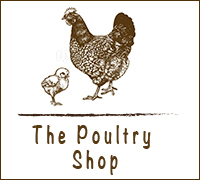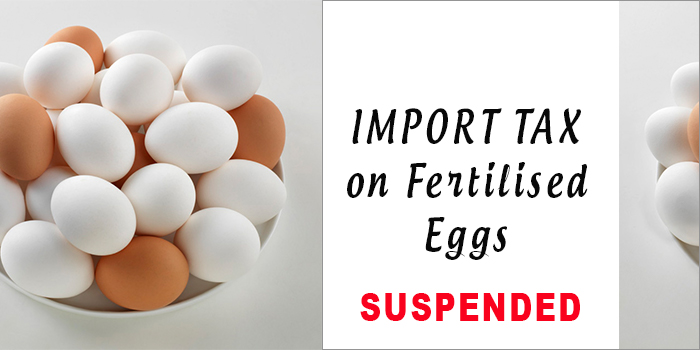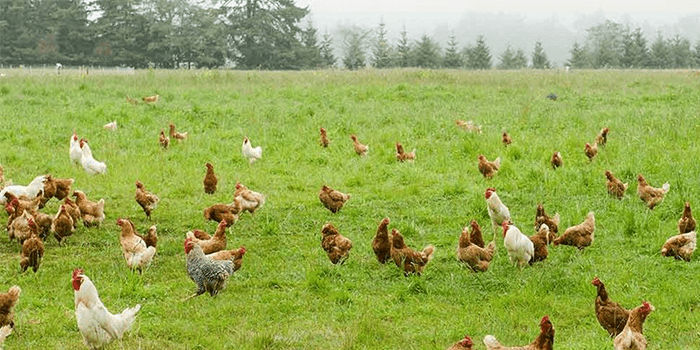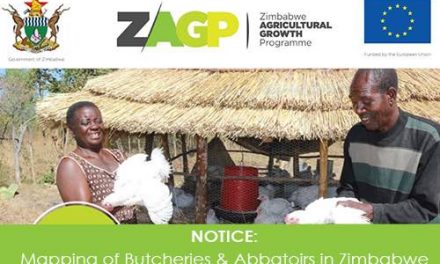The government recently suspended import duty on fertilized poultry eggs for a six month period in a bid to revive poultry production in the country. The move follows an outbreak of avian influenza in May and July this year at Lanark Farm which is owned by the largest chicken breeder in the country, Irvine’s.
Over 200,000 birds had to be culled in order to contain the deadly pathogenic bird flu.
The outbreak resulted in a serious shortage of day old chicks, table eggs and chickens in the market. The move by the government is a welcome development as it seeks to revive the poultry sector and promote businesses in the poultry value chain.
Through the Statutory Instrument 124 of 2017 published in the Government Gazette recently, government listed six poultry importers exempt from paying duty.
Reads part of the statutory instrument: “It is hereby notified that the Minister of Finance and Economic Development has in terms of section 235 as read with section 120 of the Customs and Excise Act made the following regulations: “Duty is wholly suspended on fertilised poultry eggs for hatching of tariff code 0407,11,00 imported by approved poultry breeders, for a period of six months with effect from August 1, 2017.”
The approved poultry breeders are: Irvine’s Zimbabwe (432,000 ring fenced fertilized poultry eggs per week), Supa Chicks (160,000), Chinyika Chicks (100,000), Dr. Henn (90,000), Zim Avian (40,000) and All Avian (30,000).
The regulations took effect from 1 August and will run until February 2018.
My thoughts:
- Despite the shortages of foreign currency, the suspension of duty is a welcome development that will go a long way in reviving the poultry sector and address market shortages of day-old chicks, chickens and table eggs.
- The government needs to extend the period beyond six months to allow importers more time to source funding and satisfy the market with sufficient imports.
- Responsible authorities should strengthen monitoring mechanisms on the movement of imported hatching eggs as well as curb smuggling.
- Government should consider extending import permits to more interested breeders. Information on the application for import permits should be made readily available, for instance through publication on related websites.
Want to share any thoughts on this development? Post your comments in the box below.





![[Download] 2019 National Budget Statement](https://thepoultryshop.co.zw/wp-content/uploads/2018/11/Mthuli-Ncube-1.jpg?x11140)